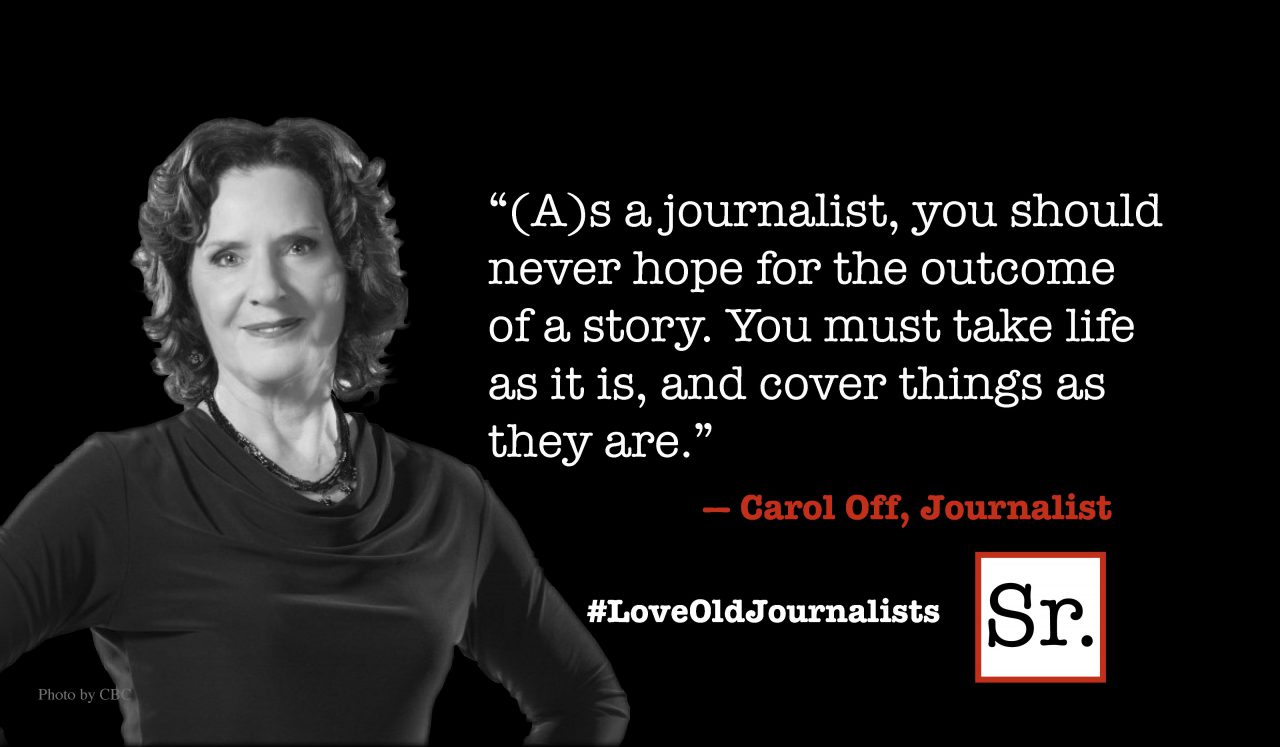Call me old fashioned, but I remember being taught that quality products and services are the direct result of paying attention to the task at hand. And I remember the time when placing full attention on the tasks we were being paid to perform was the rule rather than the exception.
In those days, we worked and went home. We actually took breaks from working and observed non-working lunches. We understood that there was a time to work and a time to do non-work related things. We enjoyed such things as vacations, holidays and weekends. We understood the value of recreation, and we found that recreation helped us renew ourselves and perhaps even contributed to the quality of our products and services. Yes, I actually remember life before multitasking became a coveted skill set.
It is unusual to look at any job posting or job description today and not see "ability to multitask" called out. In today's "do-more-with-less work world," it's especially important to make every minute count. And who could argue with that? Not I.
But I have been wondering for some time whether we actually gain efficiencies through multitasking, and of course the answer would be, "It depends."
I came upon some disturbing information:
- People working in an office setting are interrupted about seven times an hour. That's 56 times a day if we are only working eight hours.
- Multitasking may cause efficiency to fall dramatically, even though it sounds like a productivity booster.
- People spend an average of 11 minutes on a project before being distracted and, once distracted, don't return to the project for 25 minutes, if they return at all.
And we wonder why we never seem to get caught up when our attention is constantly up for grabs. Some of this is self-inflicted, to be sure.
Productivity guru Gina Trapani offers tips for time management in a multitasking world in her book, "Lifehacker."
A few of her tips include:
- Don't leave email sitting in your inbox. Handle it once.
- Admit multitasking can be deadly. Younger people may not feel as overwhelmed by it, but it can still result in a loss of productivity.
- Before checking email, do the most important things first. Give yourself at least an hour each morning before distracting yourself with the most recent email.
- Check your email on a schedule. It's not effective to read and answer every email as it arrives. People want a predictable response, not an immediate response.
- Know when you work best. Are you a morning person? Keep your best time free for your most important work.
- Make it easy to get started. We don't have problems finishing projects, we have problems starting them.
- Organize your to-do list every day. There are many tools for this. Find one that works, and commit yourself to it. Slice and dice your to-do list in to manageable chunks so that you aren't overwhelming yourself.
- Dare to be slow. Take the time to evaluate what's coming in, how to handle it, and plan your work before just jumping in.
- Dare to focus on one thing at a time until it is complete.
There are some things that computers do better than humans, and I believe that multitasking is one of them. If we focus on quality, we automatically improve our productivity.
How are you overwhelming yourself? What can you do to better manage your own workflow? Spend a little time analyzing this, and identify one change that you can make today to improve your effectiveness. As that change becomes habit, choose another to put into practice. Repeat until you are the master of your own effectiveness. Efficiencies will come.









